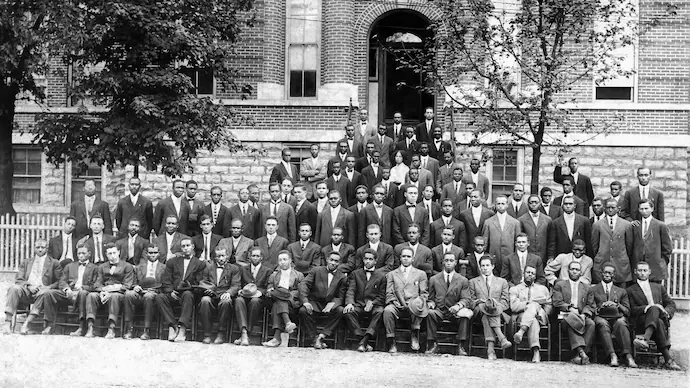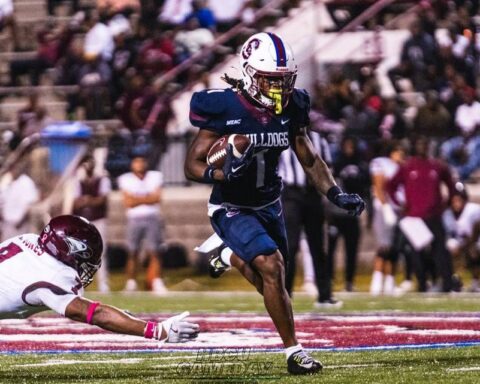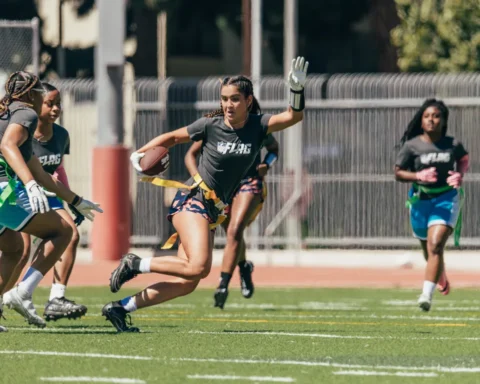By Tierra Williams
Historically Black Colleges and Universities known as HBCUs emerged after the Civil War to provide Black Americans the most basic of human rights, access to a full education. For over 180 years, they have been at the center of the American story socially and economically, and on Delmarva, that legacy continues to this present day.
University of Maryland Eastern Shore
In the 1950’s and 60s, legal segregation prevented Black Americans from attending all-white colleges in the South, and quotas limited numbers of students who could attend in the North- thus the need for Black schools.
The University of Maryland Eastern Shore in Princess Anne opened in 1886 and recently celebrated 138 years of history. Dr. Heidi Anderson is the President of the University and says that HBCUs help shape America. “HBCUs focus on making sure we take care of our communities. And we have the population with more and more people of color, we have to put out more individuals from our schools that can go out there and take care of those issues.”
Delaware State University
Soon after Brown v. Board of Education, many public HBCUs closed or merged with predominantly white institutions, causing a decline in numbers. However, most black college students continued to attend HBCUs years after the decision was rendered.
Delaware State University has been around for 133 years and in 2024, they became the only HBCU to own and distribute a collegiate brand. Dr. Dawn Mosley, Senior Associate VP of Marketing & Communications says it is time HBCUs are recognized in all spaces.
“When you look at a lot of the major distribution online, to find an HBCU do you know you still have to sometimes click other. That we’re not listed at the top we’re not listed in the alphabetical order of universities to get collegiate product… We should be at the top of the list, and we should be deemed at the highest level as well because we do produce amazing students that are our future leaders.”
Black and Proud
University System of Maryland Regent Yvette Lewis says she a proud to be an HBCU legacy. Her parents and her grandparents all attended Black Universities, and it wasn’t until she stepped foot on an HBCU, that where she learned to feel her power.
“Some of the best people that have walked out of HBCUs are leading our country, are making innovative strides in our county, are saving lives in our county. So, when you see somebody from an HBCU, you should stop, you should revere that person and recognize that you are looking at true excellence.”
There are 101 HBCUs nationwide, and they enroll 10% of all African American students in the country.





